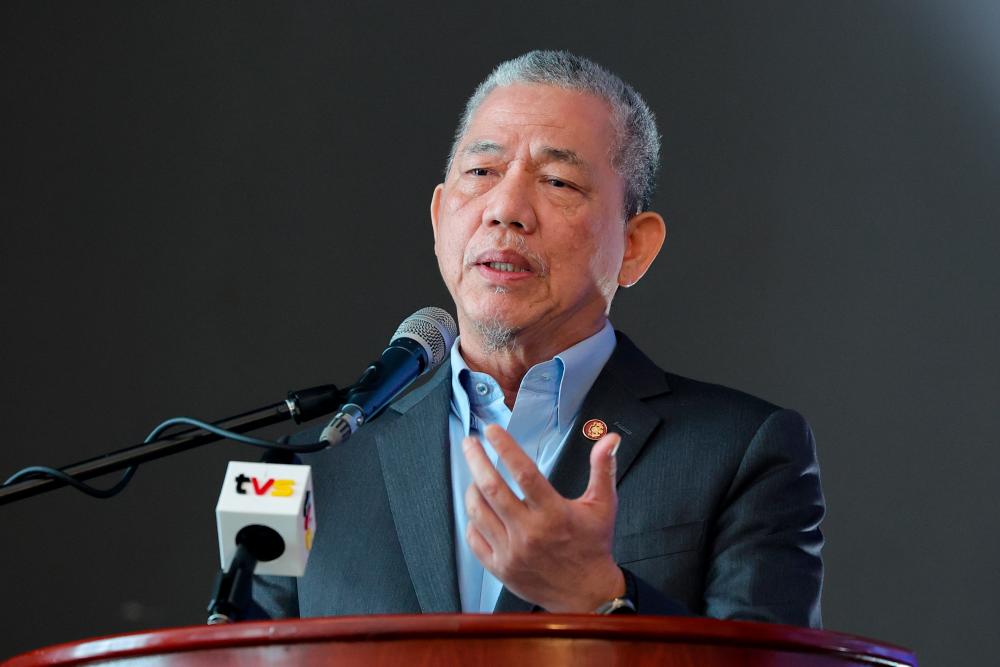VIENTIANE: As the host of the ASEAN Summit 2025, Malaysia is committed to ensuring that the ASEAN Power Grid (APG) strategic initiative can be finalised by next year for the benefit of the region.
Deputy Prime Minister Datuk Seri Fadillah Yusof said the APG is not just about connecting energy systems on land and underwater but also about positioning the region as a green energy hub, capable of attracting international investments.
During the 42nd ASEAN Ministers on Energy Meeting (AMEM) and related sessions on Sept 26-27, 2024, in Laos, he highlighted that all member states have essentially reached an agreement on the APG.
Fadillah, who is also the Minister of Energy Transition and Water Transformation, added that the APG would create a regional energy community that supports one another, while strengthening the ASEAN unity, and enhances the competitiveness of member countries in attracting foreign investment.
“As the host of the ASEAN Summit 2025, we hope to rally the ASEAN member states to focus on the development of the APG,” he told Malaysian media here.
At the same time, Fadillah also reported that during the AMEM meeting, the interest of the World Bank and Asian Development Bank in investing in green energy development in ASEAN was presented.
During the 21st AMEM + 3 (China, Japan, South Korea) meeting, Fadillah, as the vice-chairman of AMEM, expressed gratitude to these three countries for agreeing to provide technical expertise to ASEAN to strengthen the development of renewable energy (RE) and clean energy sectors.
In related developments, Fadillah held bilateral meetings with several ASEAN member countries outside the 42nd AMEM conference to discuss Malaysia’s potential involvement in investments in the RE and clean energy sectors.
This includes the potential to enhance energy supply from Laos to Malaysia and investment opportunities for local industry players in exploring the energy generation sector in that country.
Additionally, Fadillah shared the Philippines’ intention to collaborate on biofuel development in the country.
Discussions were also held with Vietnam regarding the potential for Malaysian companies to invest in the wind energy industry there and plans for developing undersea cables to supply energy from Vietnam to Singapore, passing through Malaysian waters.
Regarding the Laos-Thailand-Malaysia-Singapore Power Integration Project (LTMS-PIP) that has entered Phase Two (2024-2026), Fadillah emphasised the project’s reciprocity aspect, where the participating countries can mutually support each other when facing power shortage.
He said cooperation in the LTMS-PIP had flourished during the project’s first phase, which involved supplying power from Laos to Singapore, passing through Malaysia and Thailand.
“For this second phase, we have discussed enhancing cooperation as Malaysia has also started supplying power to Singapore,” he said.
Fadillah said that the LTMS-PIP project has shown the ability of all four countries involved to cooperate in developing the energy sector, and efforts to realise the APG should be strengthened.
Meanwhile, the joint ministerial statement of AMEM concluded that the 42nd AMEM marks a pivotal moment as all members work towards the realisation of APG in the region and develop the ASEAN energy blueprint that could address the region’s evolving energy challenges and the global megatrend.









